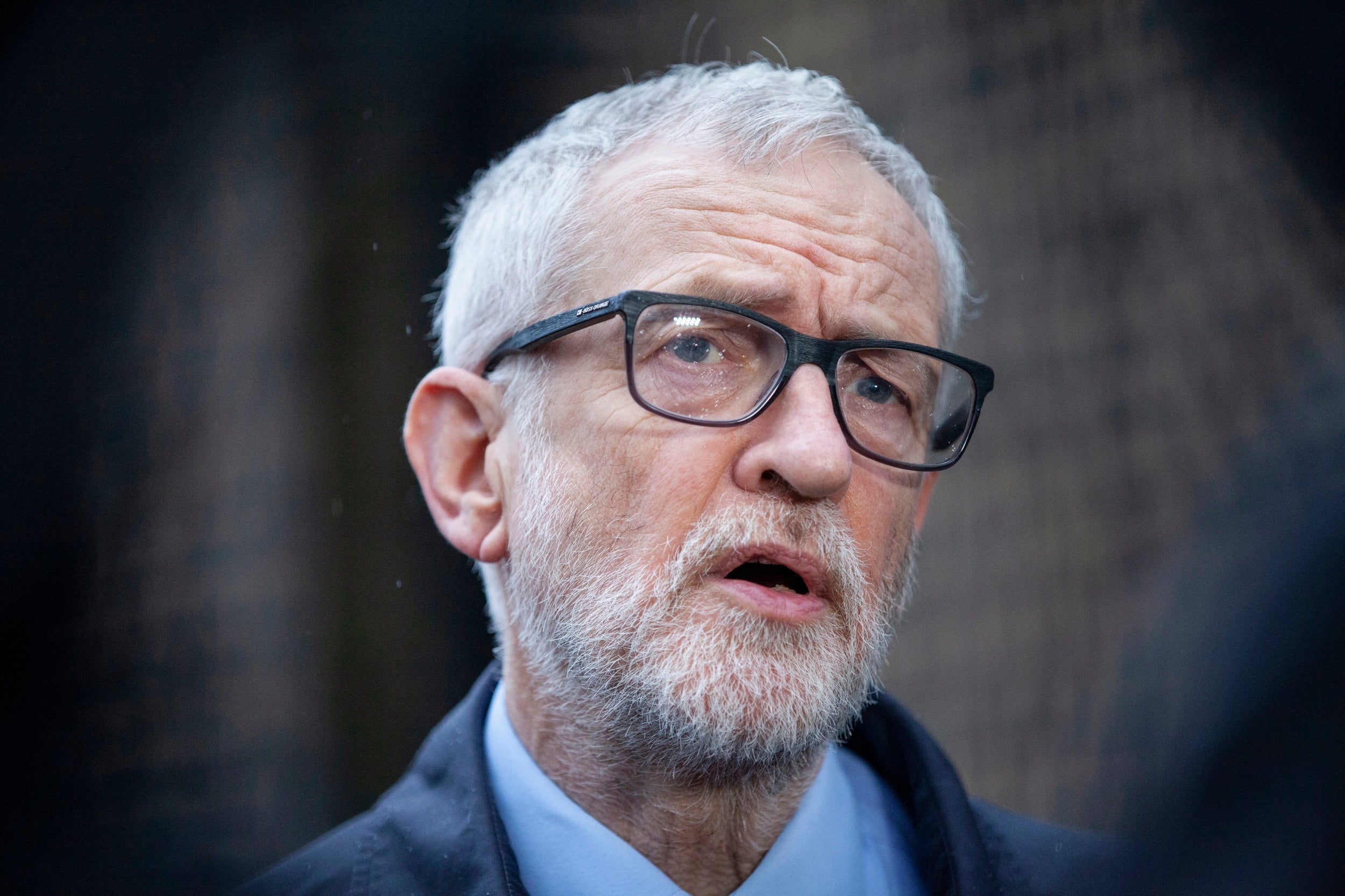If coronavirus really is a war, shouldn’t opposition parties be invited to join the effort?
Boris Johnson has repeatedly compared his administration’s actions on Covid-19 to those of a wartime government, writes Andrew Woodcock. In both world wars, prime ministers formed coalition ministries


The past few days in Westminster have been like nothing that anyone in parliament can remember.
The doors are still open and debates still taking place, but the palace has lost its bustle and many MPs think it’s only a matter of time before they will be sent home.
Parliament continued to sit throughout the Second World War. But that was a time when the threat came from outside, from enemy bombing, not from MPs infecting one another – and potentially their constituents – with a deadly virus.
Indications are that the Commons authorities will do everything they can to avoid actually taking the hugely symbolic act of closing the door on the home of the UK’s democracy.
But there are discussions under way at the highest levels on options for reducing the risk of spread, largely by limiting the requirement for MPs and officials to come into close contact.
Read more
On Wednesday, MPs were told to enter the chamber for prime minister’s questions only if they were listed to speak, and to maintain their distance from one another on the green benches if they did.
And there are proposals to allow voting by paper slip rather than by walking through the crowded lobbies, allowing votes to go ahead with fewer than 40 MPs present or even permitting party whips to cast a vote on behalf of all members.
While all MPs accept the need to minimise the risk of infection, an increasing number feel uneasy with anything that will limit their ability to scrutinise the government – particularly at a time when a new Coronavirus Bill is granting ministers sweeping new powers to do anything from shutting airports to suspending jury inquests.
Hence the flurry of attempts to restrict the duration of the emergency powers, with Labour insisting they should be renewed every six months, rather than allowed to last for two years as ministers propose.
And hence the increasing chatter in the tearooms about a government of national unity.
Boris Johnson has repeatedly compared his administration’s actions on Covid-19 to those of a wartime government. In both world wars, it was a matter of months before prime ministers formed coalition ministries.
Already MPs are starting to ask: if the country is being asked to pull together in a great national effort, if there is any question of infringing on parliament’s ability to scrutinise the executive; and if ministers are proposing to take on extraordinary powers lasting as long as two years, is it time to invite leading representatives of opposition parties into the government?
It seems improbable to most now. But recently, what seems improbable one day has a habit of coming true two or three days later.
Yours,
Andrew Woodcock
Political editor
Join our commenting forum
Join thought-provoking conversations, follow other Independent readers and see their replies
Comments
Bookmark popover
Removed from bookmarks